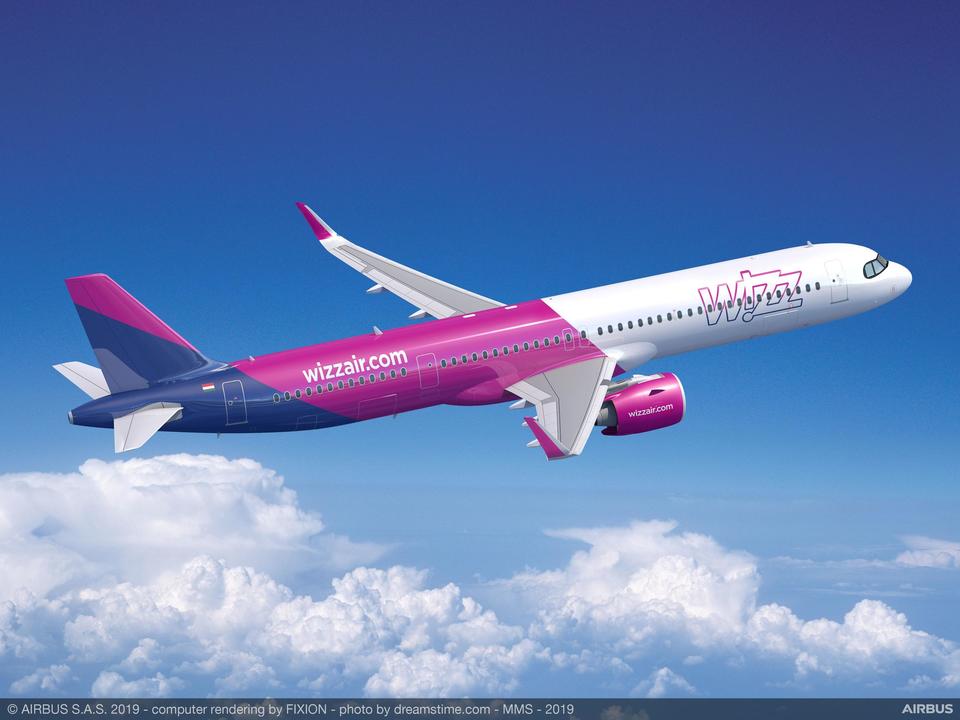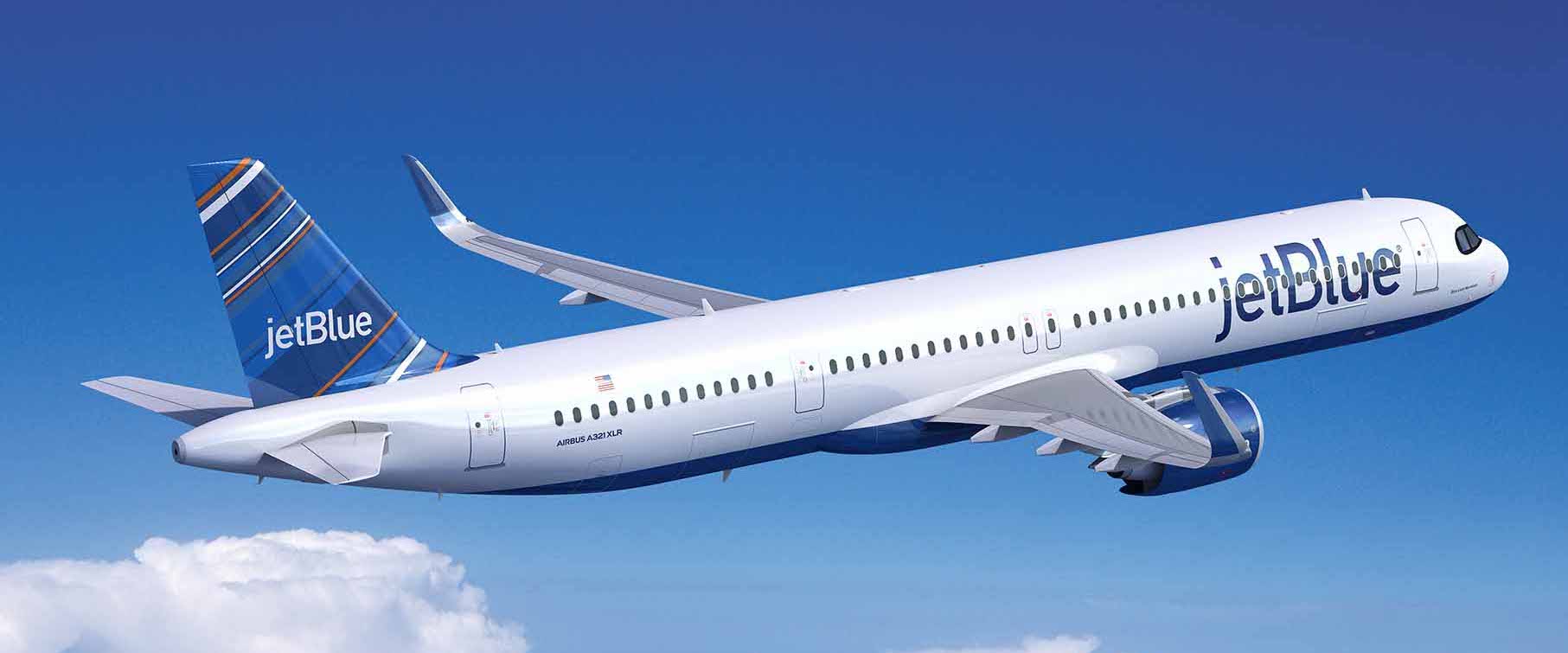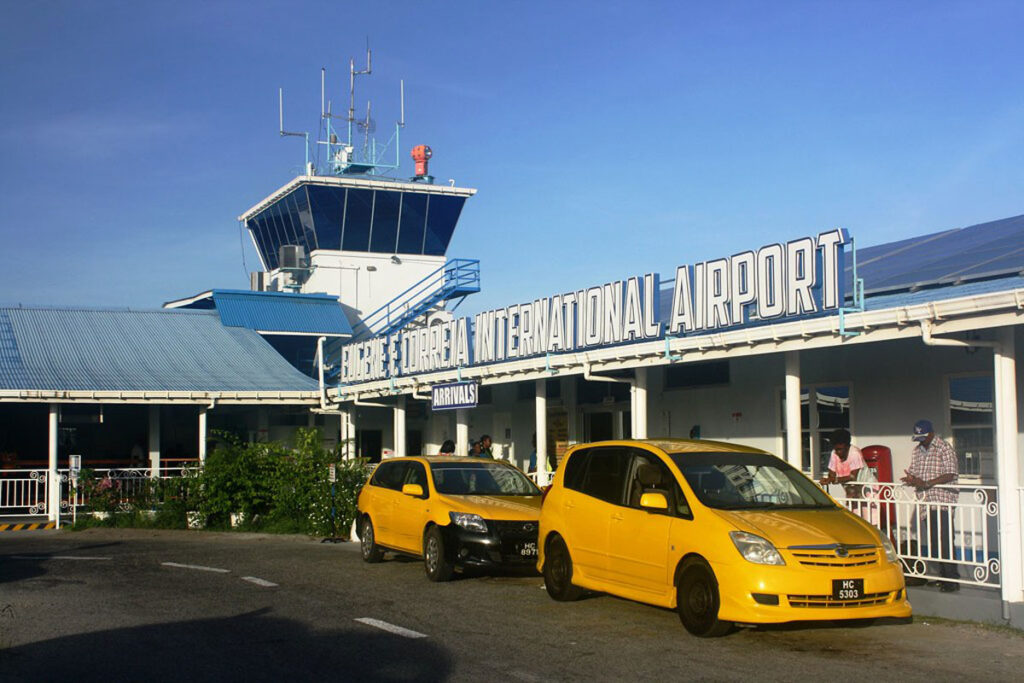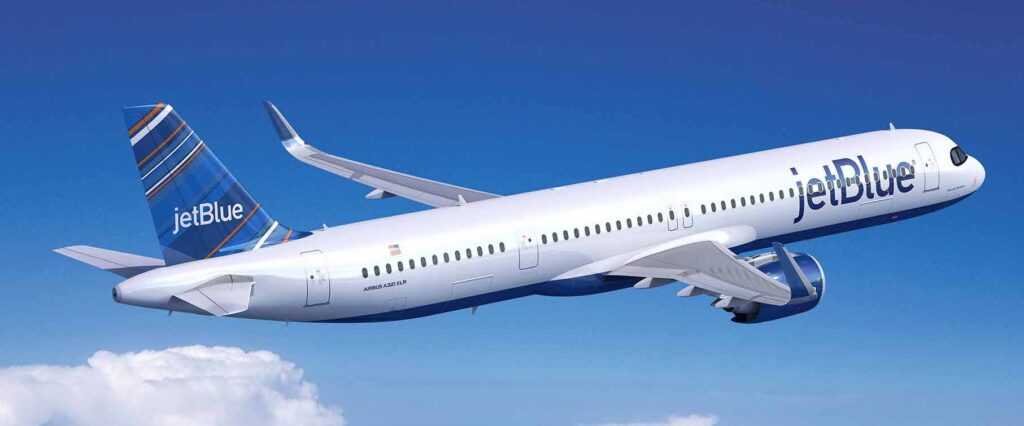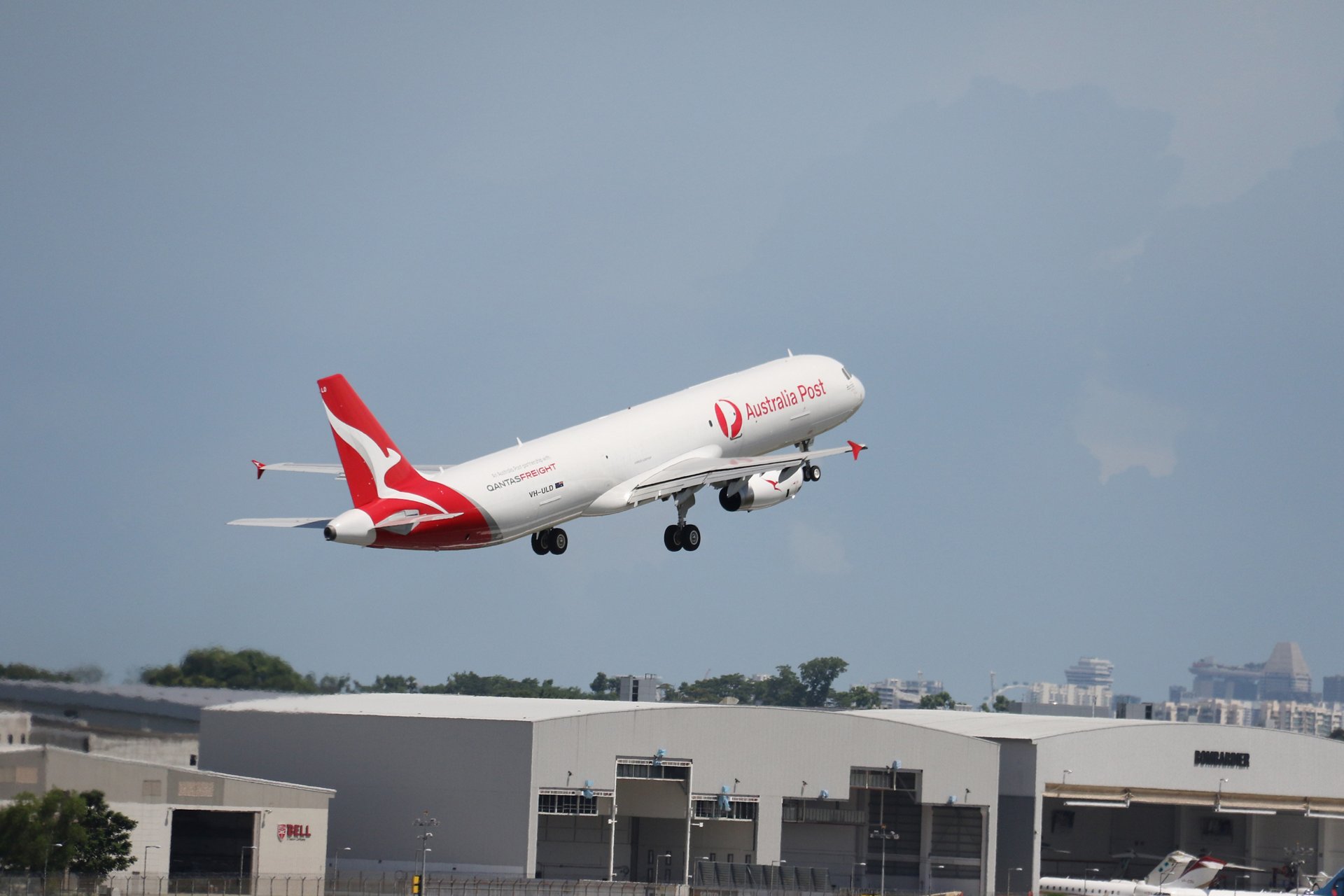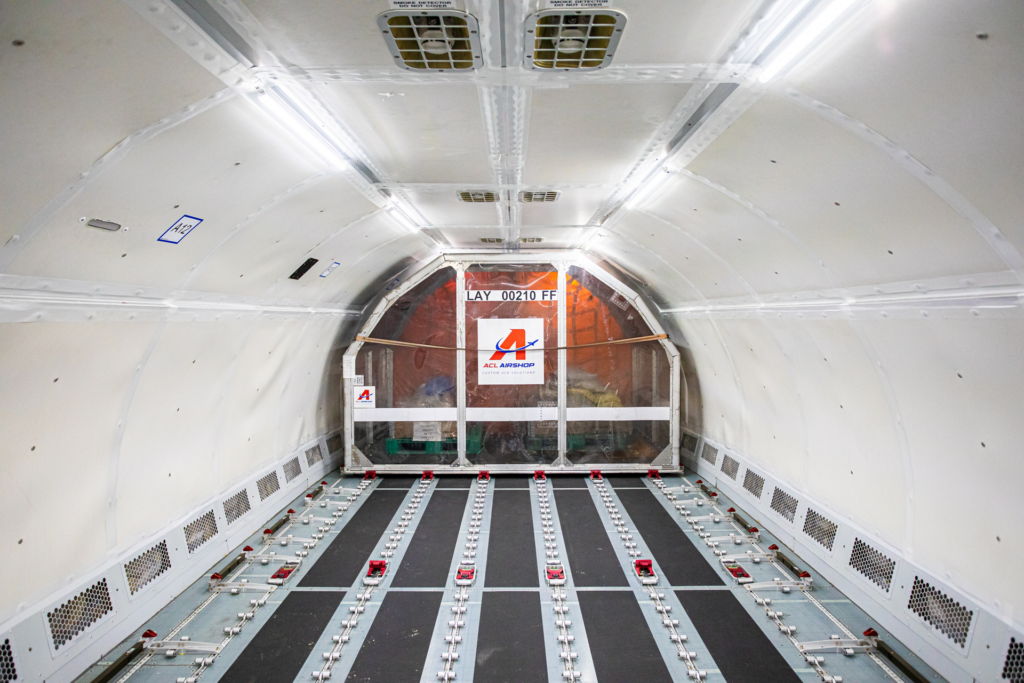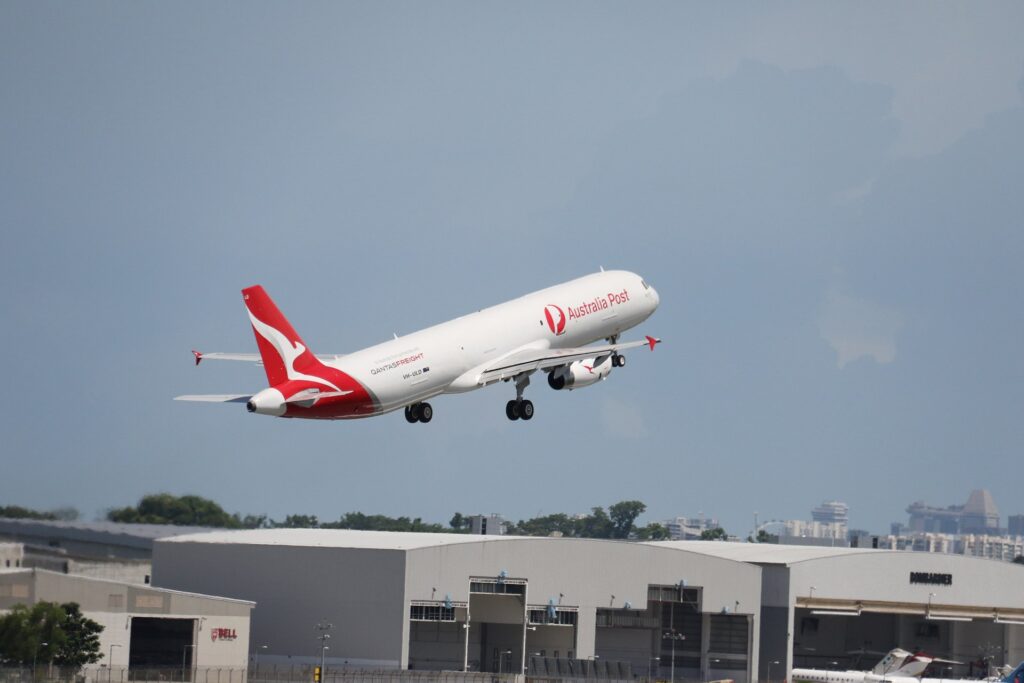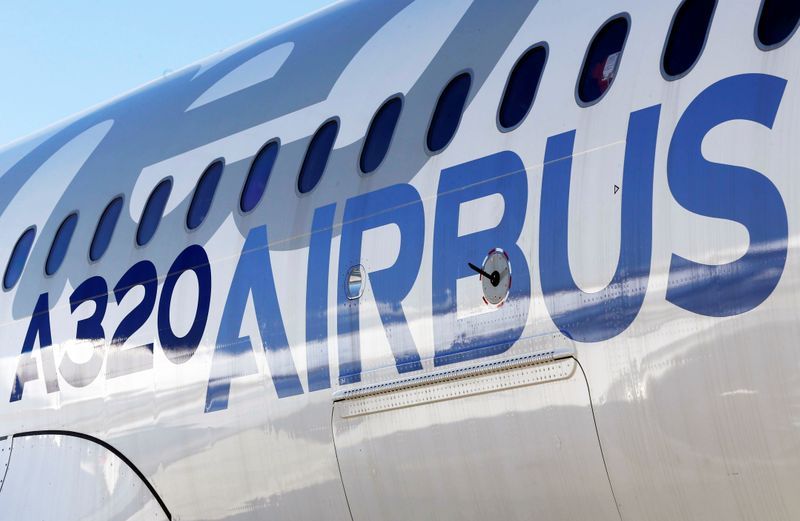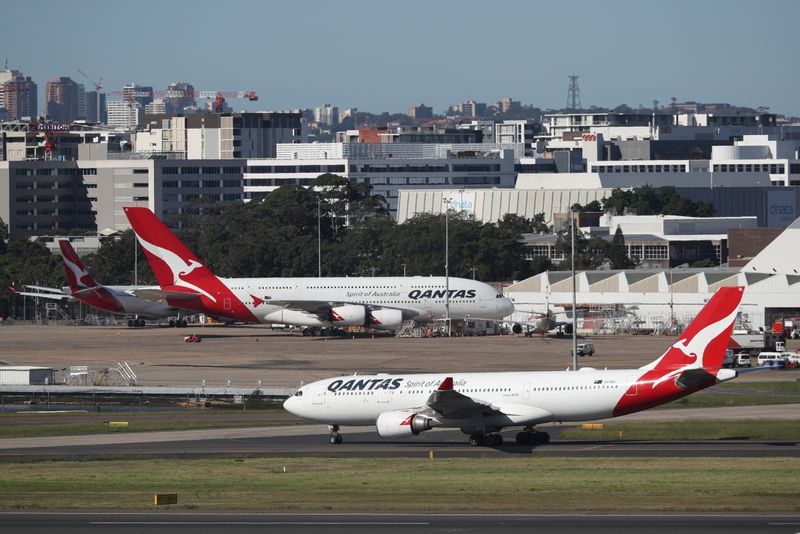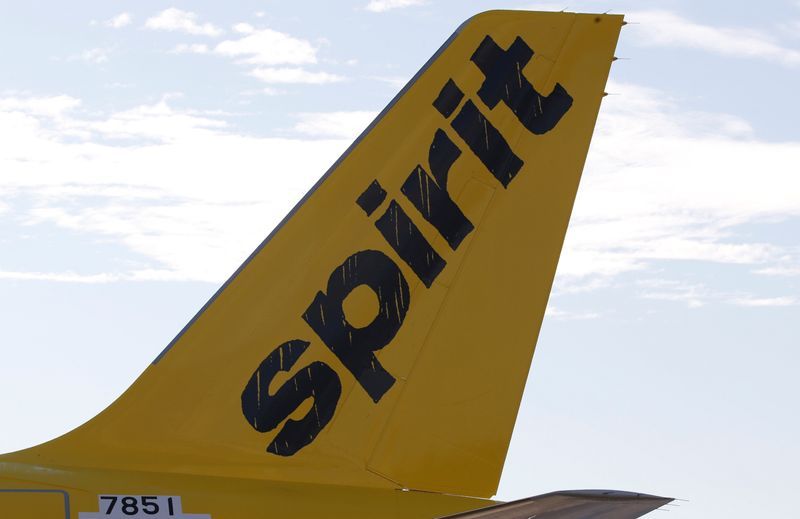Wizz Air Abu Dhabi, the newest national airline of the United Arab Emirates, today confirmed that Athens will be its inaugural destination, with flights from Abu Dhabi International Airport starting on 15 January 2021. Fares start as low as AED 129*, with tickets already on sale on wizzair.com (which also has an Arabic booking website) and the airline’s mobile app.
The airline is also to start flights from Abu Dhabi to Thessaloniki, starting on 4 February 2021 with fares starting at AED 149*.
Kees Van Schaick, Managing Director of Wizz Air Abu Dhabi, said: “The waiting is almost over for Abu Dhabi fans of our ultra-low fare airline. From 15 January 2021, a new model of air travel comes to Abu Dhabi, offering new choices and new competition, demonstrating that things are looking up for next year.
Our network from Abu Dhabi will expand rapidly as destinations on our planned network are added to the ‘green countries’ list. Thanks to the support of the government and our local business partners in Abu Dhabi, we are fully prepared. We have the aircraft, we have the crew, we have the partners, and we are ready to fly.
We look forward to building a new travel segment in this important market.”
Wizz Air Abu Dhabi is a joint venture established between ADQ and Wizz Air Holdings plc.
It initially announced a route network that also includes Alexandria, Kutaisi, Larnaca, Odesa and Yerevan. Flights to these cities will launch as each destination joins the ‘green countries’ list. Further destinations will be launched as the airline adds to its Abu Dhabi-based fleet over the coming months.
With a fleet composed of brand new Airbus A321neo aircraft, the airline will have the lowest environmental footprint among its competitors in the region.
Wizz Air introduced a new era of sanitized travel across its network this year, with enhanced hygiene measures to ensure the health and safety of passengers and crew. Throughout flights, both cabin crew and passengers are required to wear facemasks, with cabin crew also required to wear gloves. Wizz Air’s aircraft are regularly put through an industry-leading disinfection process with an antiviral solution and, following WIZZ’s stringent daily cleaning schedule, all of the airline’s aircraft are further disinfected overnight with the same antiviral solution. Sanitizing wipes are handed to each passenger upon entering the aircraft, onboard magazines have been removed from the aircraft, and any onboard purchases are encouraged to be made by contactless payment. Passengers are also requested to follow physical distancing measures introduced by the local health authorities and are encouraged to make all purchases prior to the flight online (e.g. checked in luggage, WIZZ Priority, fast security track), to minimize any possible physical contact at the airport. Click here to view Wizz Air’s new health and safety video, for more information.
| Confirmed routes | Days | Start date | Fares from* |
| Abu Dhabi – Athens | Monday, Friday | 15 January 2021 | AED 129 |
| Abu Dhabi – Thessaloniki | Thursday, Sunday | 4 February 2021 | AED 149 |
*One way price, including administration fee. One carry-on bag (max: 40x30x20cm) is included. Trolley bag and each piece of checked-in baggage is subject to additional fees. The price applies only to bookings made on wizzair.com and the WIZZ mobile app.
